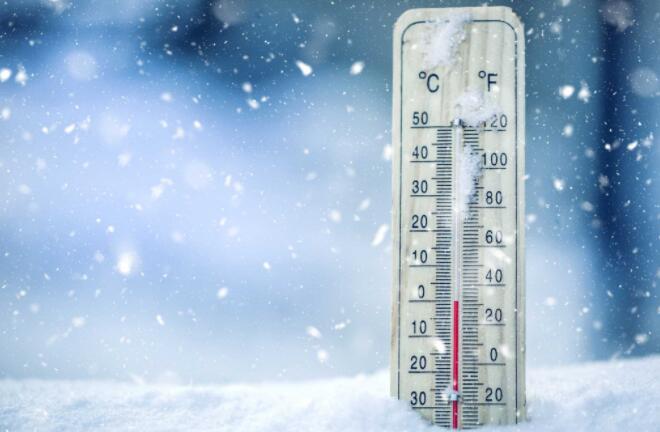Anyone with the gumption to be up before dawn will tell you that when those first rays of light come over the horizon after a clear night, it gets warmer, and...
任何有進取心并且早破曉前起床的人都會告訴你,當在晴朗的夜晚后第一縷陽光越過地平線,氣溫就會回暖,而且…
Don?
唐?
Uh, Yael. I'm trying to do a radio program here.
嗯,雅艾爾。我想在這里聽聽廣播節目。
Yes, but when the sun first rises it doesn't get warmer right away.
可以,但當太陽剛升起的時候氣溫不會立刻變暖。
I-it doesn't.
不是這樣的。

No, it actually feels colder.
實際上會感覺更冷。
In fact, barring any storm fronts, the coldest time of day is sometime just after dawn.
事實上,除了任何風暴以外,一天中最冷的時間恰巧是黎明的某個時段。
It is?
真的嗎?
See, the sun is kind of like a microwave and the ground is kind of like a frozen TV dinner.
你看,太陽就像是微波爐,而地面有點像冰凍的電視晚餐。
Okay. I like dinner. Go on.
好吧。我喜歡晚餐。你繼續說。
The earth absorbs some heat from the atmosphere during the night.
地面在夜間吸收大氣中的熱量。
Sort of like putting your dinner out to thaw, but during the day, the sun acts like a microwave and quickly heats up the ground.
就像是把晚餐解凍一樣,但在白天,太陽就像微波爐并且使地面快速升溫。
Once the sun sets, the ground cools off by radiating heat out to the atmosphere and some escapes into space.
一旦日落,地面會通過散發熱量到大氣中進行冷卻并且有一些會逃進宇宙空間。
Just as when the microwave stops, your dinner starts to cool down.
就像微波爐停止加熱一樣,晚餐開始冷卻。
That makes sense.
有道理。
譯文來自可可英語











